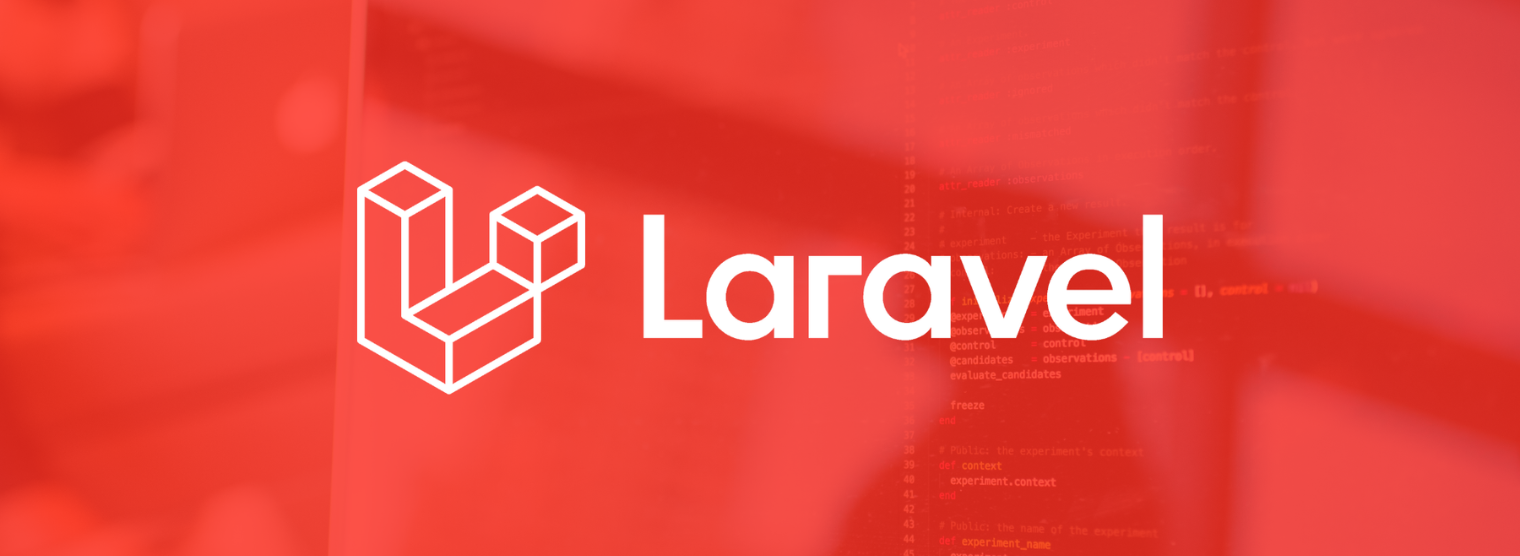- Python
- Java
- Javascript / Jquery
- C, C# & C++
- SQL
- PHP
- Go
- Ajax
- Visual Basic (ms office)
- Angular
- Laravel
- .net & asp.net
- Flex, Flash
- Linux
- Swift
- Rust
- Matlab
- Django
- Ruby On Rails
- MEAN Stack
- MERN Stack
- MEVN Stack
- LAMP Stack
- LEMP Stack
- LAPP Stack
- LEAP Stack
- LLMP Stack
- XAMPP Stack
- WAMP Stack
- WIMP Stack
- MAMP Stack
- Flutter Stack
- Serverless Stack
- Misc & Others
- Browse All Categories
Mastering Web App Development with Laravel Framework: A Comprehensive Guide
Laravel is a web application development framework that is made with the PHP programming language. It has become popular among developers worldwide because of the powerful tools and features it offers, making the process of building web applications very easy. Laravel is an ideal choice for both small and large-scale business enterprise applications. It incorporates very sophisticated syntax, a modular architecture, and an extensive ecosystem. The Laravel Platform makes it easier for developers to create web applications that are efficient, scalable, and maintainable. It does not matter whether you are a professional developer or just a beginner, the Laravel Platform offers a smooth and intuitive development experience and allows you to think about innovative solutions rather than getting lost in complex technicalities.
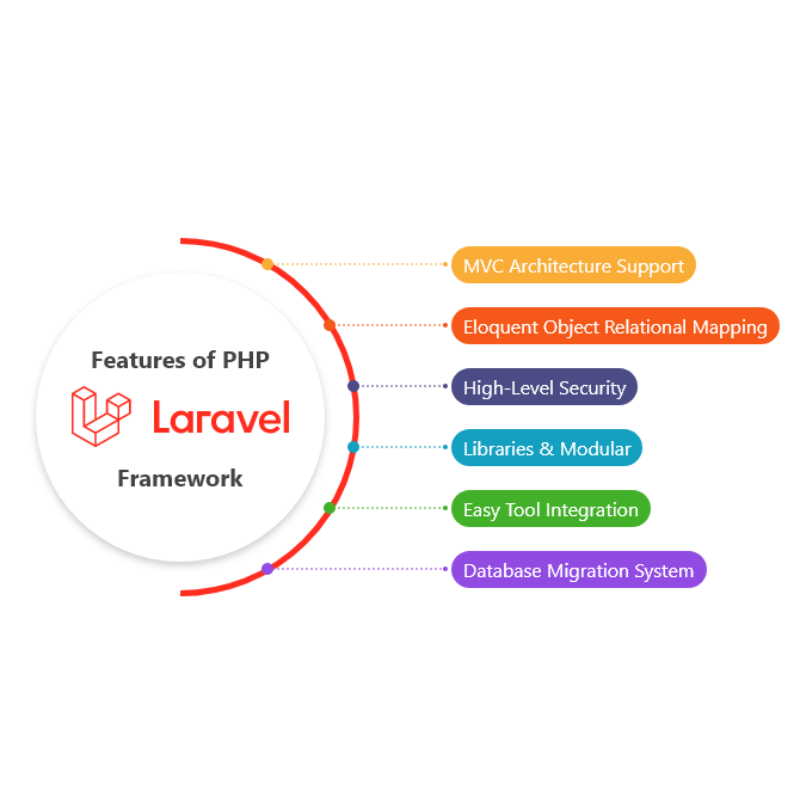
Features of Laravel framework
- Follows the Model-View-Controller (MVC) architectural pattern
- Helps to create reusable views and layouts through Blade Templating Engine
- Laravel's Eloquent Object-Relational Mapping (ORM) system provides an elegant and simple way to interact with databases
- Provides built-in support for user authentication and authorization
- Its command-line interface (CLI), called Artisan, provides a range of helpful commands for developers
- Its queue system provides a way to defer long-running tasks and background jobs
- It has built-in support for unit testing
- Provides built-in pagination functionality
- Provides a simple and powerful way to schedule recurring tasks
How to Get Started with Laravel
If you have just dived into the world of web development with Laravel, you are in the right place. It is a robust PHP framework that provides you with an efficient platform for building your web apps. In this quick guide, we'll take you through the steps to get started with Laravel and show you the entire process of setting up your development environment.
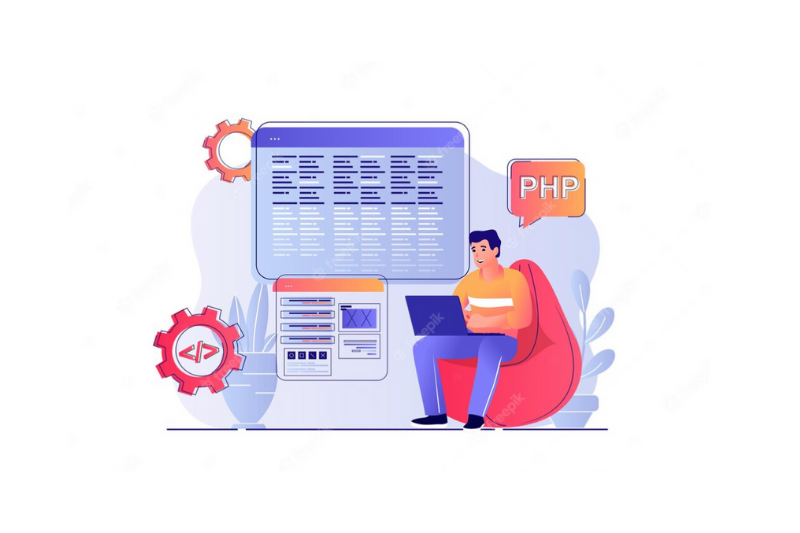
Step 1: Installing PHP and Composer
You need to install PHP and Composer on your machine before you start working with Laravel, installed on your system.
1.1: Install PHP
First, you need to know whether PHP is installed on your machine or not. To confirm this, you can run the following command in your terminal:

In case you do not find PHP on your machine, you can you can download it from the official PHP website and follow the installation directions as per the OS installed on your machine.
1.2: Install Composer
Laravel relies on a dependency management tool for PHP. You can visit the official Composer website (https://getcomposer.org/) in order to install Composer and follow the instructions for your operating system.
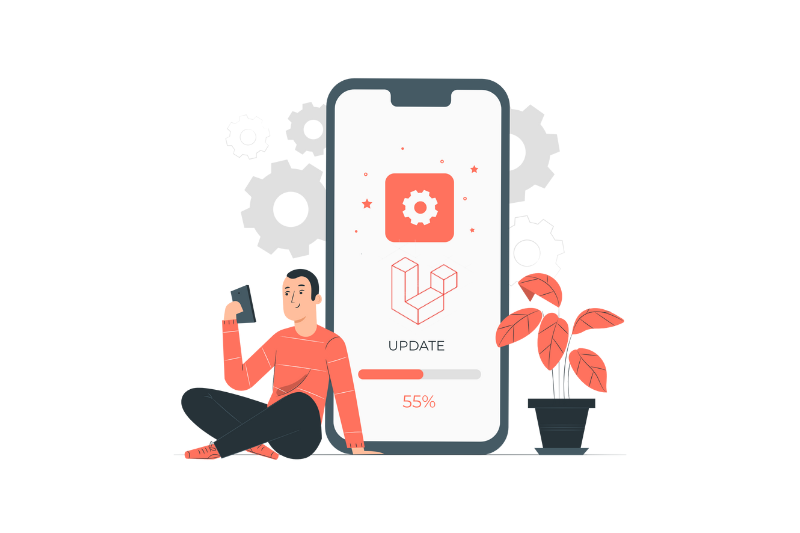
Step 2: Install Laravel
After you have successfully installed PHP and Composer, you can proceed to install Laravel now. Open the terminal or command prompt and then run the following command:

When you run this command, Laravel installs will be globally installed on your machine. After this, you will be able to create Laravel projects very easily.
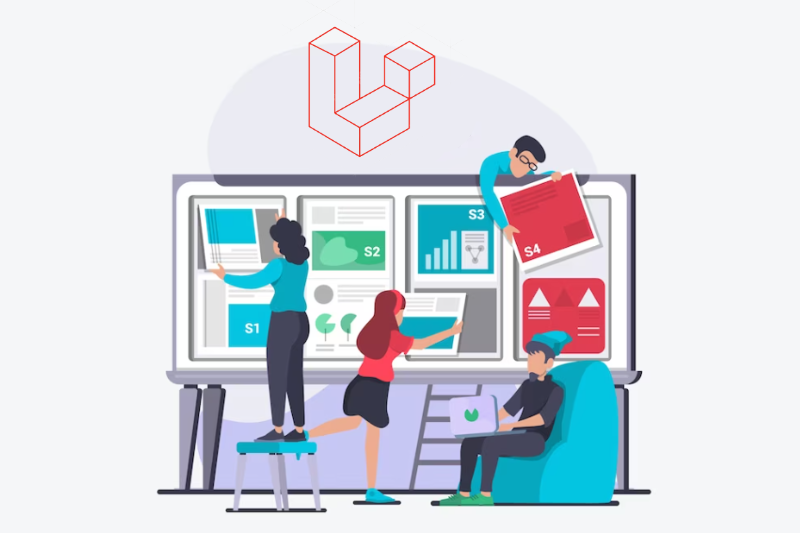
Step 3: Create a New Laravel Project
In order to create a new Laravel project select a folder in your machine where you intend to create the project. Use the command prompt or the terminal and run the following command.

Type the name of your project in place of "project-name". Shortly, a new Laravel project will be created in a folder with the same name.
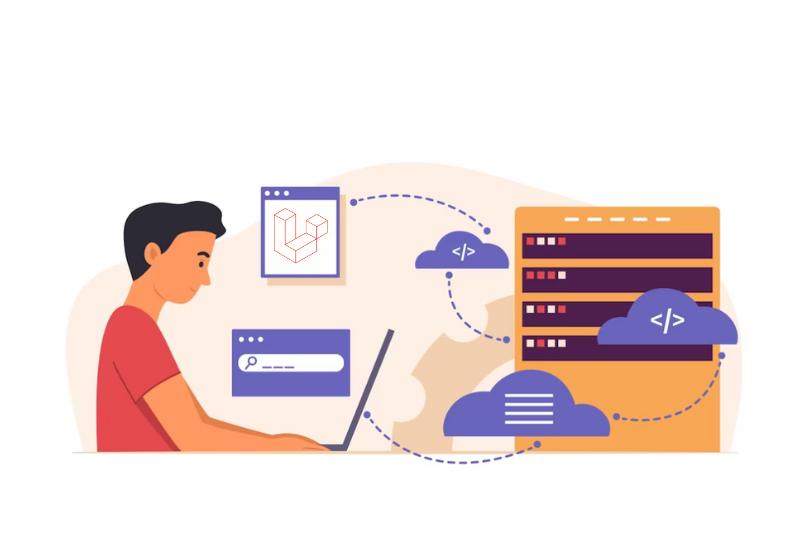
Step 4: Running your application
After you have created your Laravel project, browse the project folder using the terminal or command prompt. In order to start a local development server and run your Laravel app, type the following command:
With this, the development server will start and you can access your application by visiting http://localhost:8000 in your web browser.
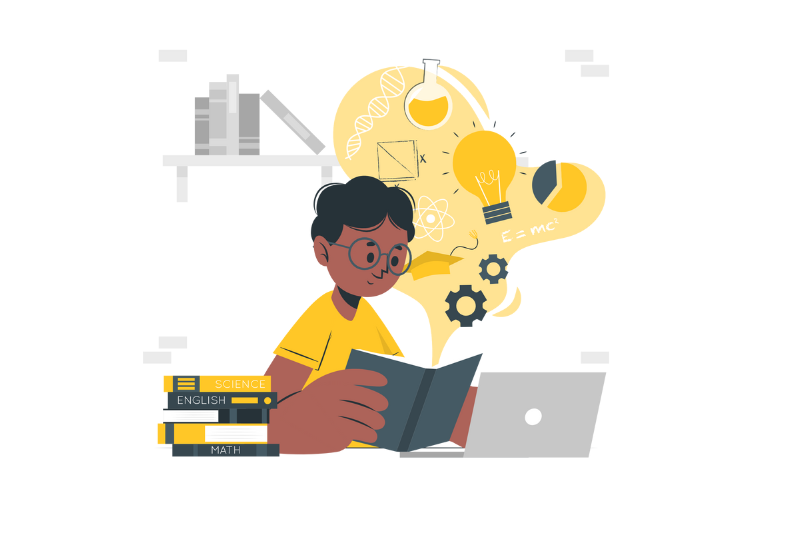
Step 5: Explore and Learn
So, this is how you create a project in Laravel. you can further read the official Laravel documentation available here and find out more about the features and functionalities of Laravel. Take your time to learn about routing, views, controllers, databases, and more. You will also find a big supportive community, where you can ask for help and also participate in discussions as you continue your Laravel journey.
Frequently asked Question
Learn about features from FAQ!
A: Laravel is an open-source web application development framework that is made with the PHP programming language.
A: Laravel was created by Taylor Otwell in 2011.
A: Some benefits of using the Laravel framework include its easy-to-use syntax Laravel’s syntax is extremely easy-to-use, strong routing system, built-in ORM, authentication and authorization support, etc that helps developers build web applications quickly and more efficiently.
A: The latest version of Laravel is 10.9 released on April 26
A: Compared to other PHP frameworks, Laravel is quite easy to learn because of its elegant syntax and clear documentation. But you need to have some basic knowledge of PHP as well as web development.
A: Laravel is perfectly suited to building large-scale web apps. its ORM, routing system, and support for task scheduling and queues can help you with this.
A: Laravel has an inbuilt PHPUnit testing framework.
A: Laravel Forge, Laravel Nova, Laravel Horizon, and Laravel Spark. Are some web apps built with Laravel?
Conclusion
To sum up, Laravel is a pretty powerful and versatile web development tool. Its elegant syntax, MVC architecture, and comprehensive feature set make it a favorite among developers worldwide. With Laravel, you can create robust and efficient web applications while enjoying the benefits of a rich ecosystem and a supportive community. It can serve various purposes whether it’s building an e-commerce platform or a content management system, or any other web app. Laravel empowers you to turn your ideas into reality with ease. So, embrace the Laravel Framework and unlock the true potential of web development.


